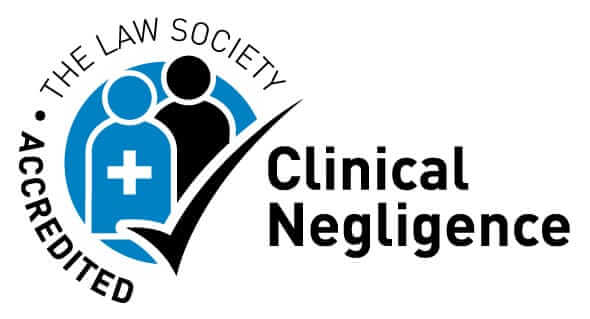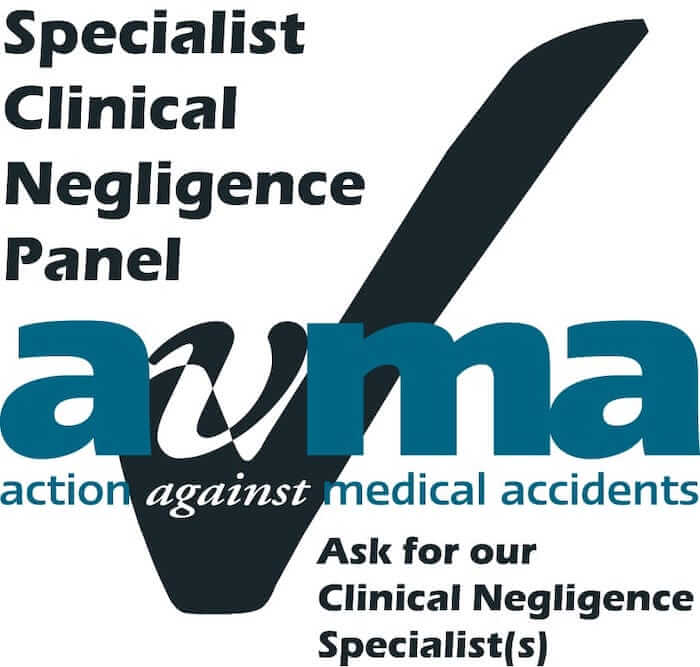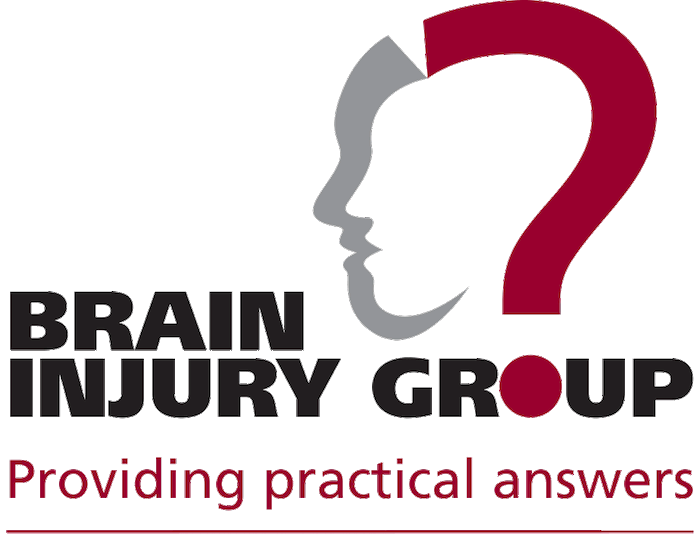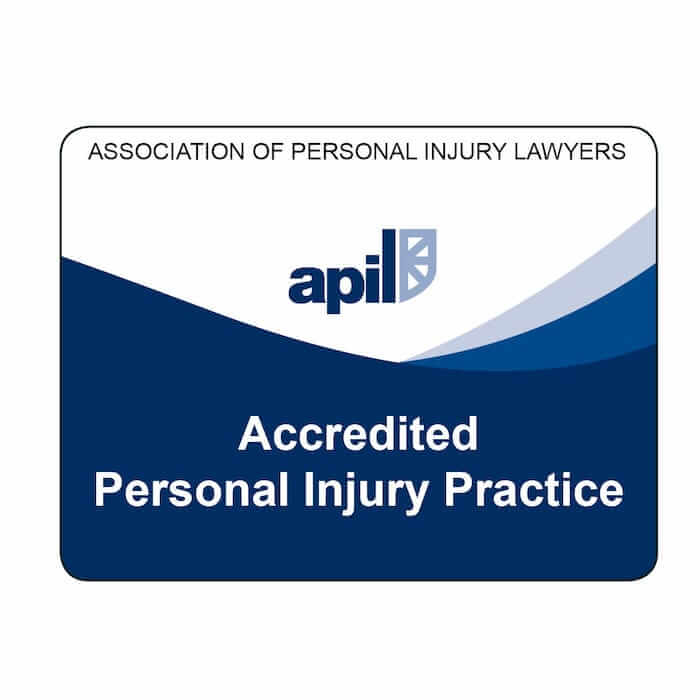Claim Compensation For Psychiatric Injury
Understanding the unique challenges faced by individuals dealing with psychiatric injuries and their families, we acknowledge the complexity of these cases. Our legal expertise is dedicated to this specific area, and we leverage the insights of experts to empower our clients in their psychiatric injury claims.
Call our medical negligence solicitors today on 0330 822 3451 or request a call back online.
Please note: we cannot assist with claims involving challenging detention under the Mental Health Act or cases involving the Mental Health Tribunal.
 “Excellent team, with plenty of medical experience behind it, as well as involvement in some of the biggest cases. They are an excellent firm for individuals, and will go the extra distance for them.” – Legal 500, 2025
“Excellent team, with plenty of medical experience behind it, as well as involvement in some of the biggest cases. They are an excellent firm for individuals, and will go the extra distance for them.” – Legal 500, 2025
 The team has been ranked in the Chambers & Partners 2025 legal directory. “Hodge Jones and Allen work incredibly diligently to get the outcomes their cases require and show serious commitment to the social justice outcomes of their work.”
The team has been ranked in the Chambers & Partners 2025 legal directory. “Hodge Jones and Allen work incredibly diligently to get the outcomes their cases require and show serious commitment to the social justice outcomes of their work.”
we can help.
0330 822 3451Contact our specialist team today for a free initial telephone consultation about the process and your options. Free 24 hours a day.
request a call back.
Examples of psychiatric injury claims that we can help you with include:
- Psychiatric Misdiagnosis or Delayed Diagnosis:
Psychiatric injury claims may arise if your mental health condition is misdiagnosed or if there’s a significant delay in reaching the correct diagnosis, resulting in additional injuries - Psychiatric Medication Errors:
Incorrect prescription or administration of psychiatric medications resulting in severe psychiatric side effects and worsening of your symptoms. - Inadequate Inpatient Care:
Inpatient psychiatric care where your treating facility fails to provide adequate supervision, treatment, or fails to prevent self-harm. - Suicide Risk Assessments:
Mental health professionals have a duty to assess and manage suicide risk appropriately. Claims may arise if there is a failure in conducting adequate risk assessments, leading to self-harm or suicide. - Negligent Discharge Planning:
Inadequate planning for your discharge from a psychiatric facility, including insufficient support and follow-up care, which results in relapses or further injury - Failure to Recognise Warning Signs:
Mental health professionals may be liable for claims if they fail to recognize and address warning signs of deteriorating mental health in their patients, leading to preventable harm.
It is crucial to emphasise that the specifics of each clinical scenario can vary. Psychiatric injury claims are complex and require careful consideration of the unique circumstances surrounding each case.
"I could not be more grateful to all at Hodge Jones and Allen for the tenacity they showed in pursuing my case, and for their impeccable service and legal excellence throughout the years my case took to resolve. They turned a horrific injustice in my life into an event which I can look back on and feel positive and thankful that the right outcome was reached; and justice was achieved."
Why choose Hodge Jones & Allen solicitors?
With over four decades’ experience, we have assisted many families in representing their interests at courts throughout the UK, as well supporting bereaved families at inquests following avoidable suicide of mental health patients.
Our solicitors are experts at guiding you and representing your interests during the internal investigation process and in relation to compensation claims. The earlier we are instructed on a case, the better we can assist you to secure justice for you or your loved one.
In some cases, the injured party may not have the requisite mental capacity to bring court proceedings themselves and we can advise on the appointment of a litigation friend.
Equally, at the conclusion of the care, if the injured party does not have the capacity to manage their finances then we can advise on the appointment of a deputy (a solicitor who manages the injured party’s finances under the supervision of the Court of Protection).
At Hodge, Jones & Allen, our solicitors handle these very sensitive claims in a sympathetic and effective manner.
The majority of our medical negligence claims are also funded by ‘Conditional Fee Agreements (CFAs) – also known as “No Win, No Fee” agreements. This means that you will not have to pay anything at the outset, and there is no financial risk or obligation to you if your claim is unsuccessful. Your solicitor will provide clear information on what this means and answer any questions you may have.
What do you need to prove?
To make a claim, you will need to prove two things:
- That there was a breach of duty
- Establishing causation
To establish there has been a breach of duty you will need to show that the medical treatment you received from the psychiatrist or psychiatric nurse fell below a reasonable standard.
To establish causation, you will need to show that the breach of duty directly caused you or a loved one to suffer a physical or psychiatric injury that would not have otherwise happened. It is essential to establish this link otherwise your claim will not succeed. You will then have to prove the extent of your losses and damage.
Causation can be a very complex issue as it may be difficult to know whether the mistake caused the injury, or whether the injury was caused by some other underlying problem and would have occurred irrespective of the mistake.
"They were unfailingly kind, truthful and very supportive in what was an emotional and very difficult time. They gave me hope when others had not and I felt that it was no longer just me against Goliath."






























